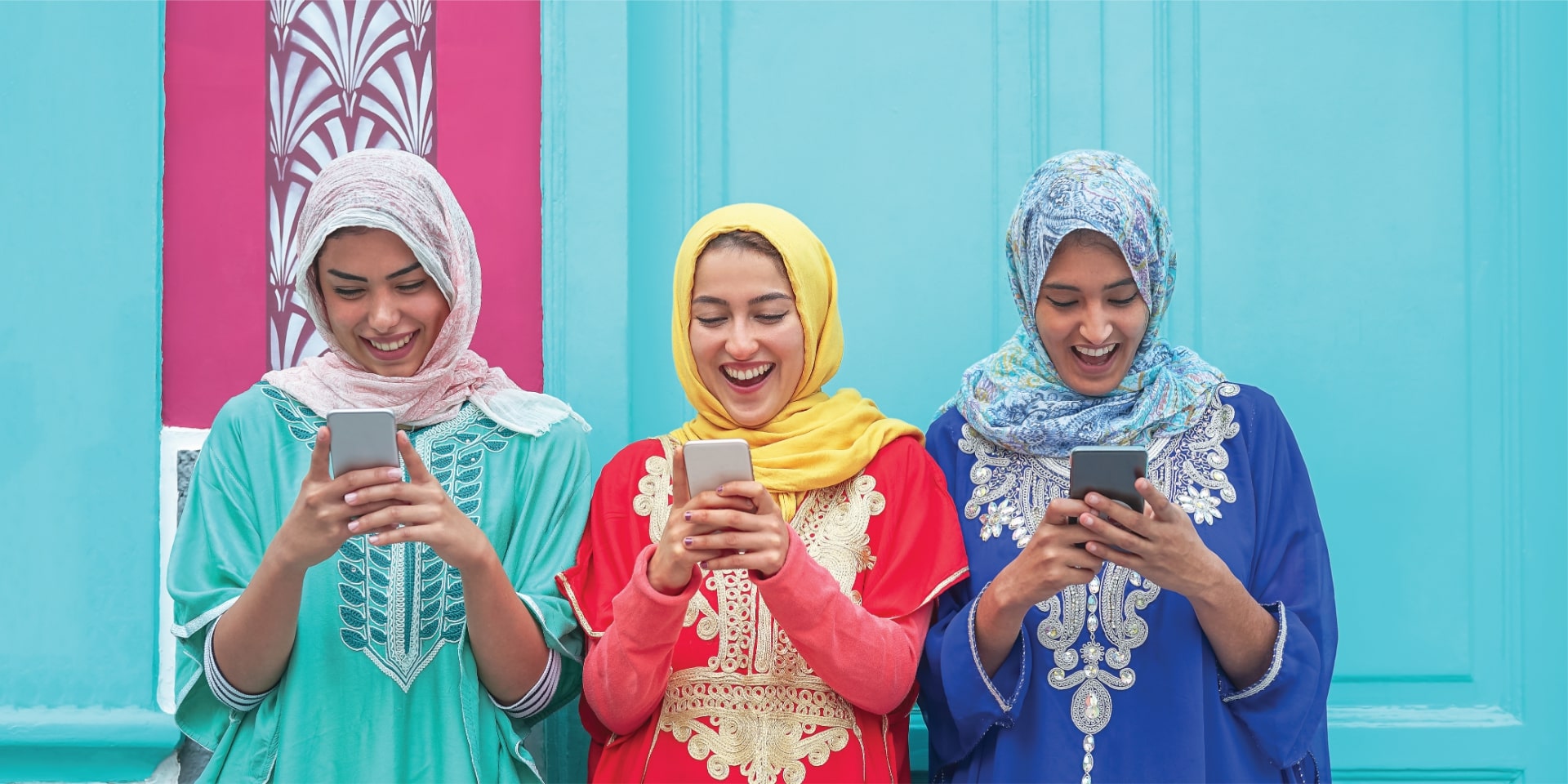
COVID-19’s Impact on Indonesia Lifestyle
The COVID-19 pandemic has brought the world sudden and drastic changes, not just in the health and economic sectors but even down to the daily

The COVID-19 pandemic has brought the world sudden and drastic changes, not just in the health and economic sectors but even down to the daily

On April 3, 2020, the Indonesian government released regulations to implement large-scale social restrictions (PSBB) in order to slow down the spread of COVID-19 in

Jakarta – Pagi-pagi dari teras rumah terdengar keributan kecil. “Di situ saja, jangan bergerak dulu!” teriak Ibu kepada Ama, seorang penjual ikan, langganan keluarga. “Cuci tangan dulu di

77% of Indonesians are spending more time online, is your ad placed where your target audience actually are? ‘Online’ is a huge place. Ranging from

Short answer? More positive than you think. “Free-to-use” sites such as Facebook, Twitter, and YouTube profit from their platforms’ ability to influence users with advertisements

It is easy to see how CPG giants have been winning heavily in this day of lockdowns and quarantines. This is due to consumers shifting
Stay up to date with our latest findings

In today’s fast-paced lifestyle, many Indonesians find themselves deeply attached to certain products that bring them comfort, entertainment, or simply a sense of satisfaction. What’s

In the first part of this post, we discovered that only 10% of Indonesians rely solely on shampoo without using other hair care products [1].

In a world where customer expectations, technology, and competition evolve rapidly, businesses cannot afford to stay stagnant. A strong brand today might feel outdated tomorrow

Indonesia, a nation known for its vibrant democracy, is currently experiencing a period of heightened social and political unrest. Recent large-scale protests, sparked by public

These days, the variety of hair care products has expanded significantly. Our recent survey in August 2025 discovers that more Indonesians are now paying attention

Financial anxiety is one of the strongest forces shaping consumer behavior in 2025. Rising living costs, global economic uncertainty, and household debt are pushing people